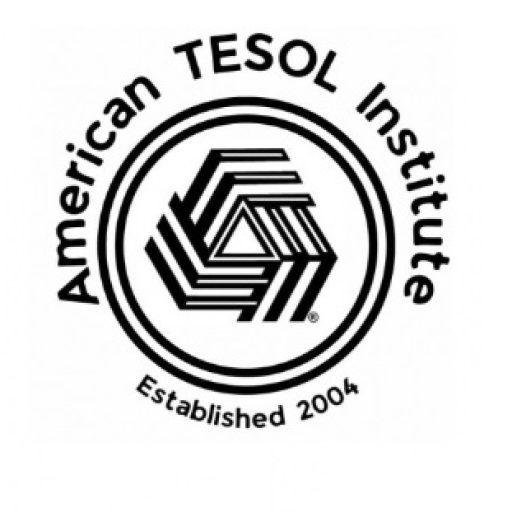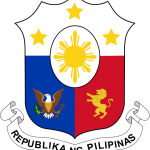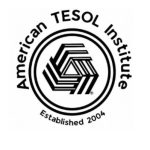The landscape of research has undergone a seismic shift in the past two decades, propelled by the rapid advancements in technology. Today’s students have access to a wealth of information at their fingertips, but navigating this vast digital landscape requires a new set of skills and strategies. As educators, it’s our responsibility to equip language learners with the tools they need to conduct research effectively, critically evaluate sources, and synthesize information in a meaningful way.
The Evolution of Research
Gone are the days of dusty library stacks and card catalogs. The internet has revolutionized research, offering instant access to a vast repository of knowledge. However, this accessibility comes with its own challenges. The sheer volume of information available can be overwhelming, and distinguishing credible sources from misinformation requires critical thinking and digital literacy skills.
Teaching Research Skills in the 21st Century
To prepare language learners for the demands of modern research, we must go beyond traditional methods and embrace the power of technology. Here are some key strategies:
- Digital Literacy: Teach students how to navigate search engines effectively, use keywords strategically, and evaluate websites for credibility and accuracy.
- Critical Thinking: Encourage students to question information, analyze sources, and consider multiple perspectives.
- Information Synthesis: Guide students in organizing and synthesizing information from various sources to create coherent and well-supported arguments.
- Citation and Plagiarism: Emphasize the importance of proper citation and avoiding plagiarism, fostering academic integrity.
- Technology Integration: Leverage online tools and resources like digital libraries, research databases, and citation management software to streamline the research process.
Exploring Cutting-Edge Research Tools
The digital landscape is constantly evolving, and new research tools emerge every day. Here are some innovative technologies that can enhance language learning and research skills:
- AI-Powered Research Assistants: Tools like Elicit and Semantic Scholar can help students quickly identify relevant research articles, summarize key findings, and even generate citations.
- Collaborative Research Platforms: Online platforms like Miro and Mural facilitate collaborative brainstorming, note-taking, and project management.
- Interactive Data Visualization Tools: Tools like Tableau and Datawrapper can help students transform complex data into visually engaging and easy-to-understand charts and graphs.
- Language Learning Extensions: Browser extensions like Grammarly and Read Aloud can support language learners by providing real-time grammar and pronunciation feedback, as well as text-to-speech functionality.
Conclusion
Researching effectively in the digital age requires a combination of traditional research skills and technological savvy. As educators, we have a responsibility to guide language learners in navigating this complex landscape, empowering them to become critical thinkers, effective communicators, and lifelong learners. By embracing technology and fostering essential research skills, we can prepare our students for success in an increasingly information-driven world.



